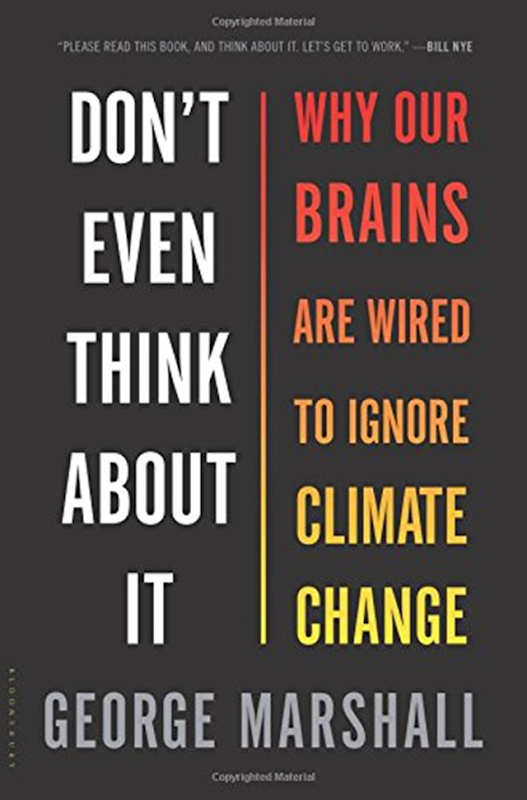Why climate scientists get death threats – The way climate scientists are now treated is without parallel in the history of science
By Tim Radford
8 November 2014 LONDON (Climate News Network) − If you don’t like the message on climate change, it seems that the answer is to shoot the messenger. According to a new book by veteran environmentalist George Marshall, thousands of abusive emails − including demands that he commit suicide or be “shot, quartered and fed to the pigs, along with your family” – were received by climate scientist Michael Mann, director of Pennsylvania State University’s Earth System Science Centre, who drew and published the “hockey stick graph” that charts a steep rise in global average temperatures. Glenn Beck, a commentator on Fox TV, called on climate scientists to commit suicide. A climate denial blogger called Marc Morano claimed that one group of climate scientists deserved “to be publicly flogged”. And the late Stephen Schneider found his name and that of other Jewish climate scientists on a “death list” maintained by an American neo-Nazi website. As Marshall points out in his absorbing, all-embracing, immensely readable book, Don’t Even Think About It: Why Our Brains are Wired to Ignore Climate Change, something very strange is going on. Louis Pasteur’s revolutionary microbiology work on disease prevention never resulted in him having to think about how to use a gun. Jonas Salk never needed to fortify his house as result of working on the development of a polio vaccine. Other scientists are trusted and respected. But the way climate scientists are now treated, Marshall argues, is without parallel in the history of science: “They have been set up to play that role in a climate storyline that, it would seem, cannot refute climate change without demonising the people who warn us about it.” Forget, if you can, the people who seem to be whipping up these furious responses. Climate change can only be met or mitigated by action − and there are plenty of reasons why a very large number of people nod in agreement about what must be done and then fail to insist that it is done. Dan Gilbert, a psychologist who won the Royal Society’s science book prize in 2007 with an examination of the puzzles of happiness, says that climate change is something unlikely to strike fear in the human heart anyway. It is impersonal, it is gradual, it is amoral, and it isn’t – or doesn’t seem to be – happening now. Other researchers have pointed out the alarming tendency, shared by all humans, to believe what they want to believe. Furthermore, climate change is not (death threats and public flogging fantasies aside) an immediate or an emotional issue. “A distant, abstract, and disputed threat just doesn’t have the necessary characteristics for seriously mobilising public opinion,” says the Nobel laureate, Daniel Kahneman. [more]
